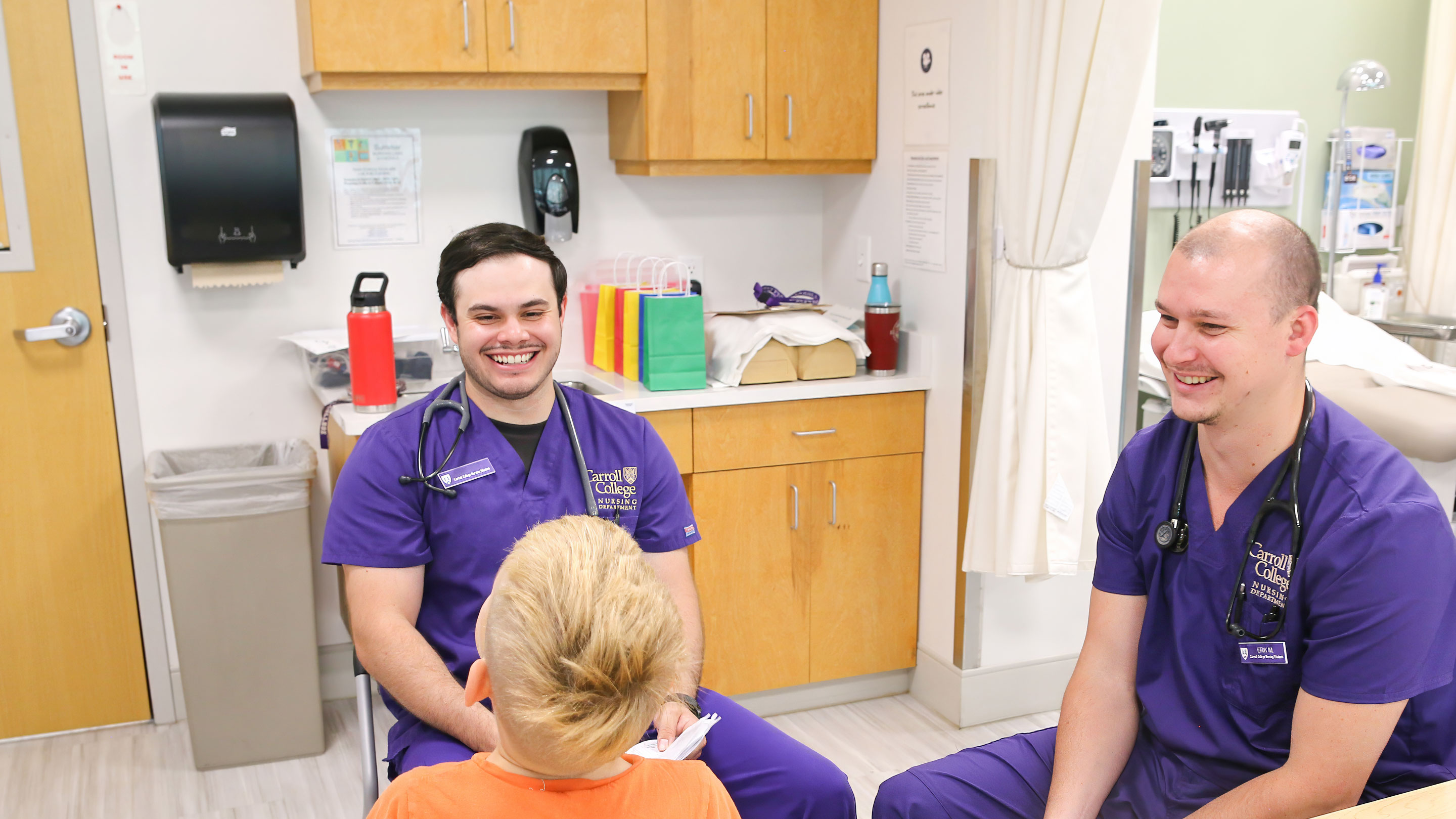The Carroll Difference
Carroll's Juan Diego program is like no other in the country. Combining Spanish language instruction, with socio-cultural study, and community engagement in a small classroom environment allows us to cater programming to student interest for individualized program experiences, including study abroad and internships. Students who are self-driven, inquisitive thinkers who are interested in their impact in the world succeed in the Juan Diego program. Students interested in empathetic community engagement, travel, international relations, world cultures, and responsible global stewardship should apply. Students have opportunities for faculty-led and individual study abroad programs in Spain and Latin America, and community internships locally and across the US.


